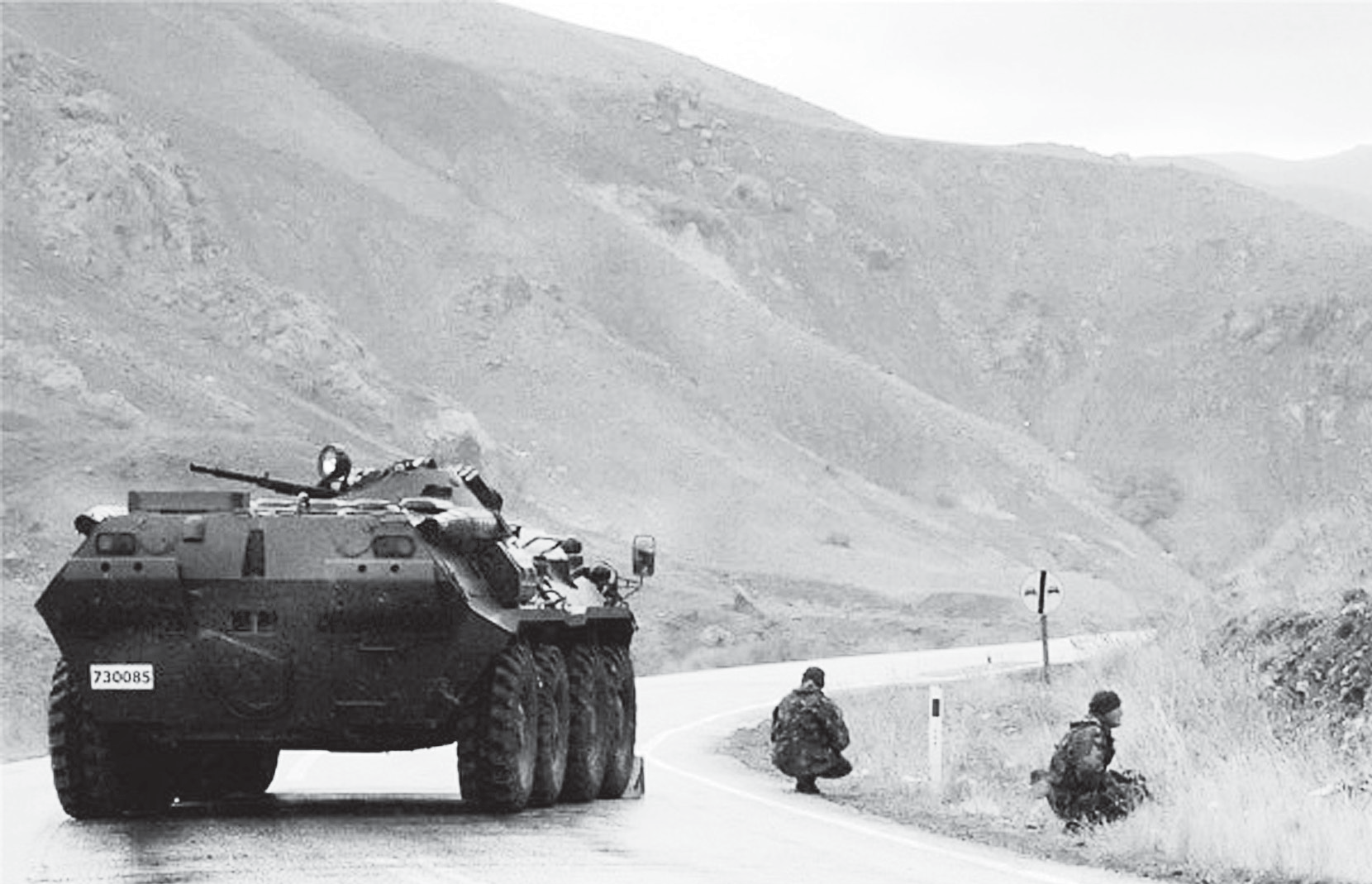Egypt’s Foreign Minister Badr Abdelatty held separate phone calls on Wednesday with his Chinese counterpart and the president of the European Parliament to discuss efforts to de-escalate Middle East tensions and address key bilateral matters, including the final approval of a major EU aid package for Cairo.
In both calls, Abdelatty stressed the urgent need for a return to negotiations on the Iranian nuclear programme and outlined Egypt’s diplomatic push to contain a wider regional conflict following the recent military escalation between Israel and Iran.
During his call with Chinese Foreign Minister Wang Yi on Wednesday, Abdelatty warned of “grave consequences for the security and stability of the region,” stressing that there was no alternative to diplomatic and political solutions. He emphasised the need for an immediate ceasefire and a return to negotiations as “the only way to reach a sustainable agreement on the Iranian nuclear programme”.
The Egyptian minister conveyed a similar message in his call with the President of the European Parliament, Roberta Metsola, briefing her on Egypt’s recent diplomatic contacts aimed at de-escalation.
China’s foreign minister affirmed that the Egyptian and Chinese positions were aligned and praised a joint statement initiated by Egypt on 16 June from 24 Arab and Islamic countries that called for a ceasefire and a swift return to nuclear talks. The two ministers also expressed satisfaction with the recent development of bilateral relations.
The call with the EU Parliament president followed the parliament’s final approval of the second tranche of a €4bn macro-financial support package for Egypt. Abdel-Aty expressed his appreciation for the decision, stating it reflected the EU’s esteem for its strategic partnership with Egypt.
For her part, Metsola praised Egypt’s “balanced role” amid the regional turmoil and highlighted her high regard for the Egyptian President’s “wise leadership”. She added that the majority vote in favour of the aid reflected a full understanding of Egypt’s importance to regional security and stability.


